Paul's Identity in Galatians: A Postcolonial Appraisal
In this book, George rejects articulating an essentialised identity of Paul in Hellenistic or Jewish background as done through the Christian centuries by Paul's interpreters. With his lucid, precise, and cogent argumentation, George articulates Paul's postcolonial identity in non-essentialist, transcultural hybrid, and `impure' terms. He argues that the apostle occupied a cultural-political interstitial space between the Jewish, Hellenistic, and Roman cultures from where he spoke in `forked tongue' subverting, simultaneously, all the three cultures.
Borrowing cultural-political tools of literary praxis from the literary critics like Said, Spivak, and Bhabha, an exegetical study of Paul's letter to the Galatians is undertaken in the context of the first century Galatia. It enables unraveling Paul's strategic imagination in a postcolonial hybrid context. It is argued that his self-representation and the community identity formation within the christological-ekklesial space subvert competing power discourses emanating from the colonial `centre' and `margins,' at the same time. For Paul, it is in Christ, the `Third space,' that one is emancipated from all oppressive binaries.
This book is sure to interest every serious student of Paul and his theology who wishes to hear multiple meanings of Paul's utterances in the then colonial context subverting dominant power discourses, seeks relevance of his writings in the present cultural-political world, and is interested in reading his writings from multiple interpretive ventage points like Postcolonialism.
Get it now and save 10%
BECOME A MEMBER

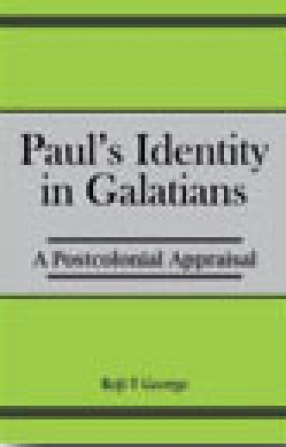
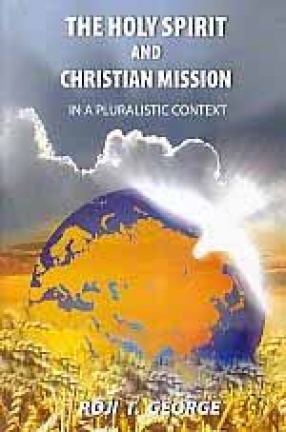

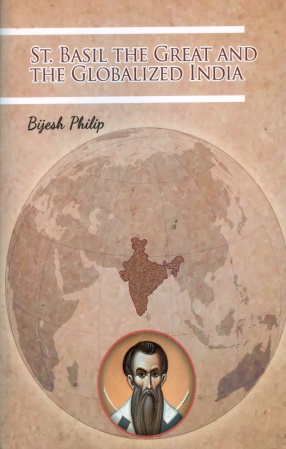
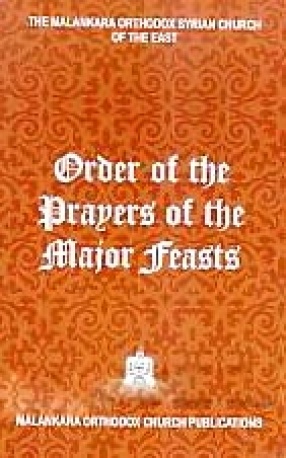
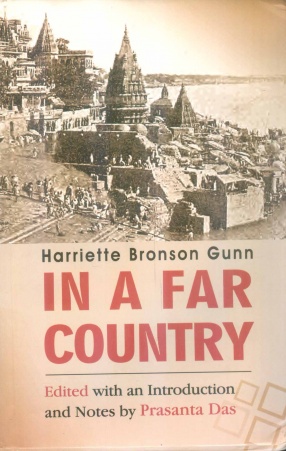

Bibliographic information